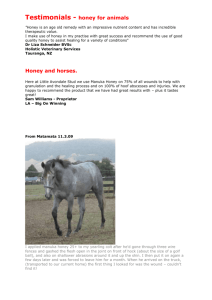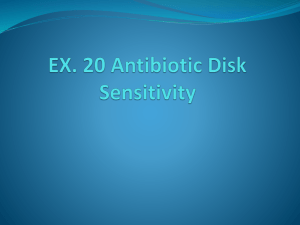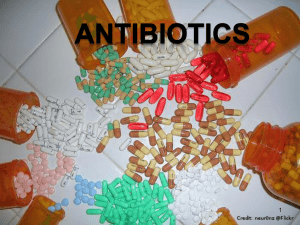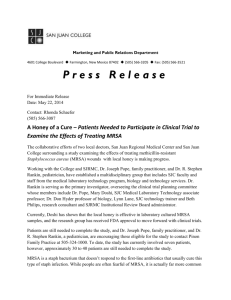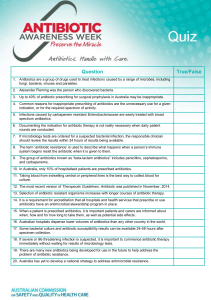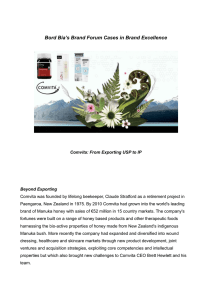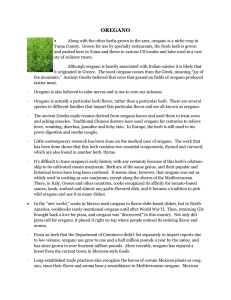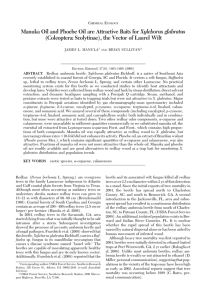Three Natural Antibiotic For Your Dog
advertisement
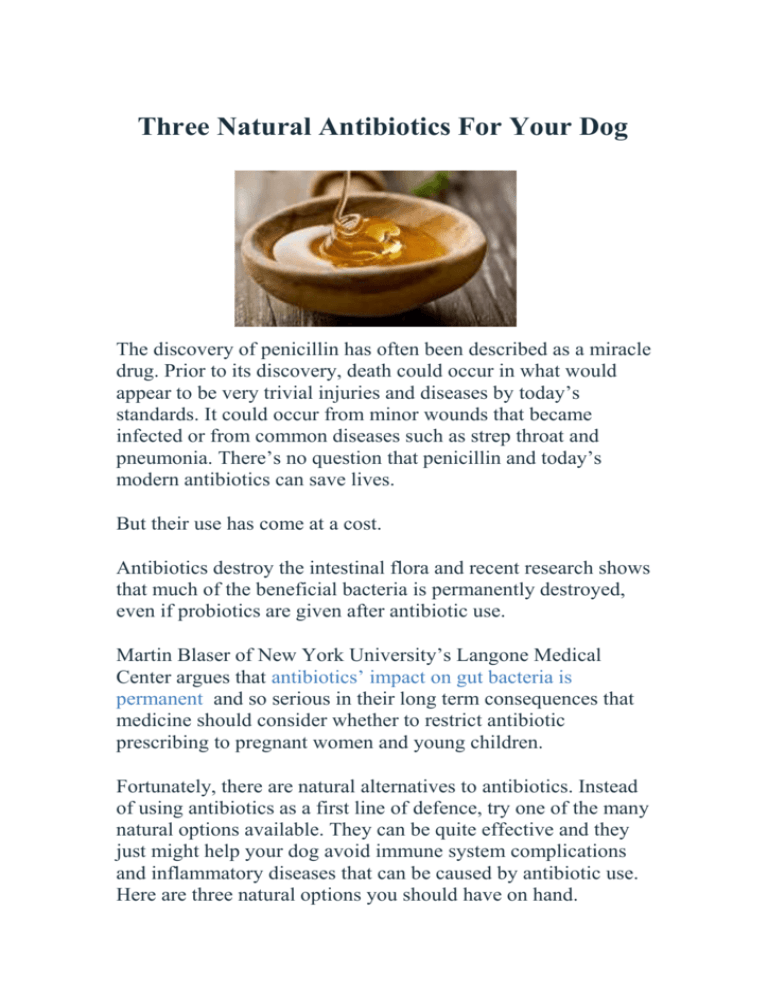
Three Natural Antibiotics For Your Dog The discovery of penicillin has often been described as a miracle drug. Prior to its discovery, death could occur in what would appear to be very trivial injuries and diseases by today’s standards. It could occur from minor wounds that became infected or from common diseases such as strep throat and pneumonia. There’s no question that penicillin and today’s modern antibiotics can save lives. But their use has come at a cost. Antibiotics destroy the intestinal flora and recent research shows that much of the beneficial bacteria is permanently destroyed, even if probiotics are given after antibiotic use. Martin Blaser of New York University’s Langone Medical Center argues that antibiotics’ impact on gut bacteria is permanent and so serious in their long term consequences that medicine should consider whether to restrict antibiotic prescribing to pregnant women and young children. Fortunately, there are natural alternatives to antibiotics. Instead of using antibiotics as a first line of defence, try one of the many natural options available. They can be quite effective and they just might help your dog avoid immune system complications and inflammatory diseases that can be caused by antibiotic use. Here are three natural options you should have on hand. Colloidal Silver Silver was used 1,200 years ago by Egyptians, Romans, Greeks, sailors, and then by American pioneers. Colloidal silver is a suspension of submicroscopic silver particles in a colloidal base. It looks like a clear watery solution. One of its most important properties is its ability to strengthen the immune system. Particles of silver are small enough to penetrate on a cellular level and destroy pathogens of all types, including bacteria, fungal spores, parasites, and viruses. Colloidal silver has a variety of uses: It can combat fungus in the body Can kill disease, viruses and other harmful bacteria Improves the immune system’s ability to fight against viruses Soothes burns, repairs skin and tissue damage Colloidal silver can be taken orally, or through the airways (nebulizing). Five to ten drops, two to three times per day is a typical oral dose. Or it can be applied topically. Particularly good for tear stained eyes and smelly ears. (Ask for Colloidal Silver in our Dog Health Shop at Dogs Palace or you can get it in any good health food shop) Oil Of Oregano Oregano oil has earned some media attention lately for its use in chicken feed. Many farmers are using oregano oil to replace antibiotics to keep their poultry and livestock free of disease. Scott Sechler, owner of Bell and Evens in Fredericksburg, Penn, a provider of antibiotic free poultry has been using oregano oil in his feed for three years. Despite his concerns about flack from naysayers, Scott claims oregano oil has provided the best antimicrobial results since he stopped using conventional antibiotics. Science has now proven the health benefits of oregano oil are derived mostly from carvacrol and thymol; these are powerful phenols that have the ability to kill harmful bacteria and microbes. Studies have shown that oregano oil has antibacterial, antiviral, antiparasitic and anti fungal properties. Oil of oregano can be applied orally, topically or diffused. Try two to three drops, three times a day. If using it topically, you can mix 1 drop of oregano with a teaspoon of coconut oil to up its antibiotic power. Manuka Honey Manuka honey hails from New Zealand and Australia, from the nectar of the manuka tree (tea tree). Manuka honey is an excellent topical antibiotic. Medical researchers are showing an interest in the honey’s antiseptic properties because of the prevalence of antibiotic resistant super bugs. Researchers have found some honeys, especially manuka honey, effectively prevent the growth of MRSA, a nasty super bug that has invaded hospitals. All honey has the antiseptic hydrogen peroxide, but it is very unstable, easily destroyed by catalaze, an enzyme found in human skin. But more than 20 years ago, a New Zealand biochemist discovered what the ancient Maoris had always known. After you take the hydrogen peroxide out of manuka honey, there remain additional phytochemical antibacterial factors that are powerful and stable and which years of research have failed to identify as anything other than “non-hydrogen peroxide activity.” This does occur in some other forms of honey, but is most powerful in manuka. “Not only has it the potential to limit the growth of wound pathogens, but there is evidence that honey has the potential to promote healing,” says Rose Cooper, a microbiologist at the University of Wales Institute in Cardiff. “No other antimicrobial agent possesses these characteristics.” While it shines as a topical antiseptic for cuts, wounds and abscesses, manuka honey is also reported to be effective in treating gastritis and other digestive problems, due to its antiinflammatory and probiotic characteristics. Its antibiotic, antifungal, and antiviral properties also make manuka honey an effective remedy for kennel cough, ringworm, and many other conditions. Look out for more health tips in our next Newsletter. At Dogs Palace we aim to help you to improve your dogs health and wellbeing so they may live a longer, healthier and happier life….with you!

